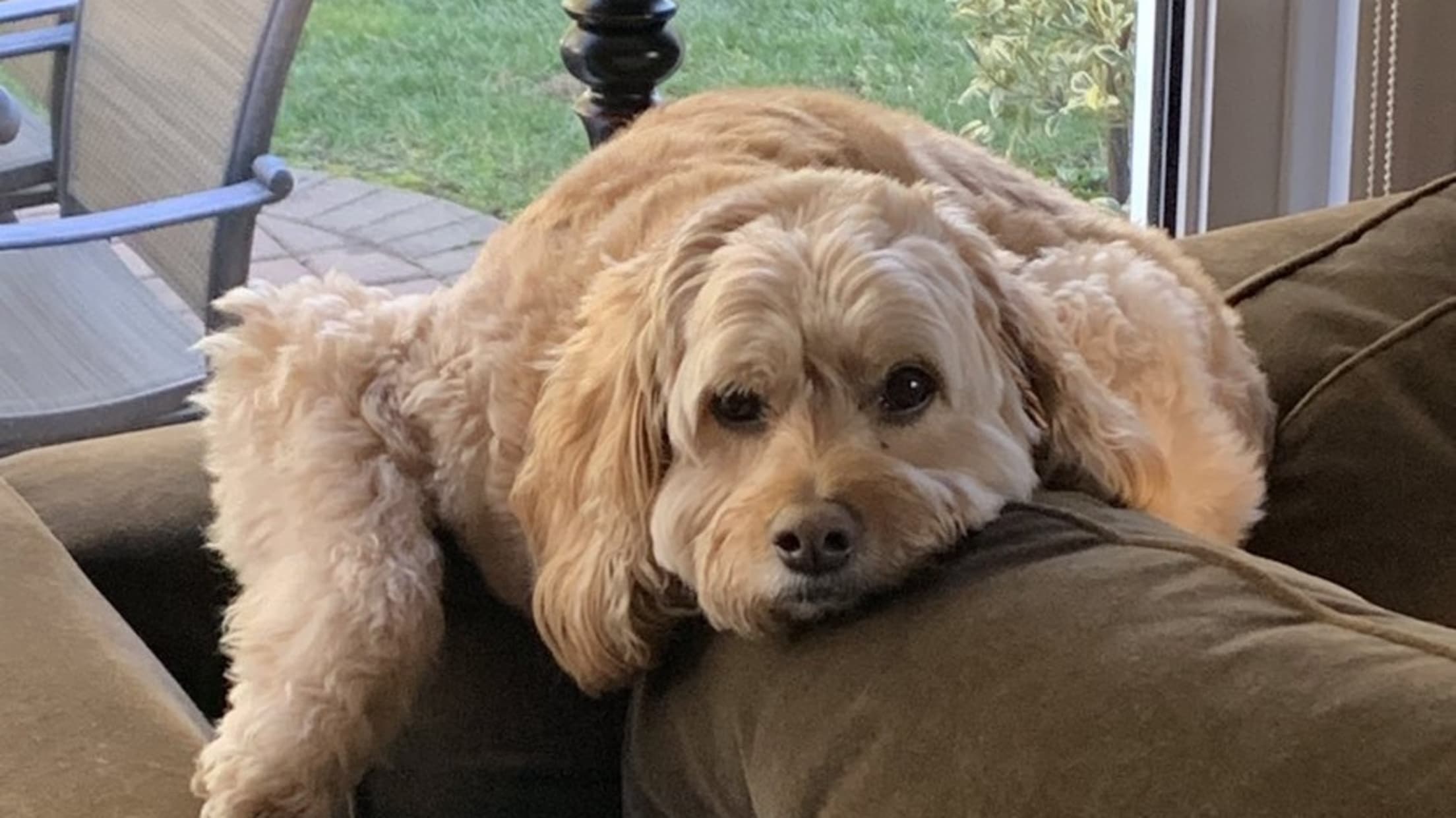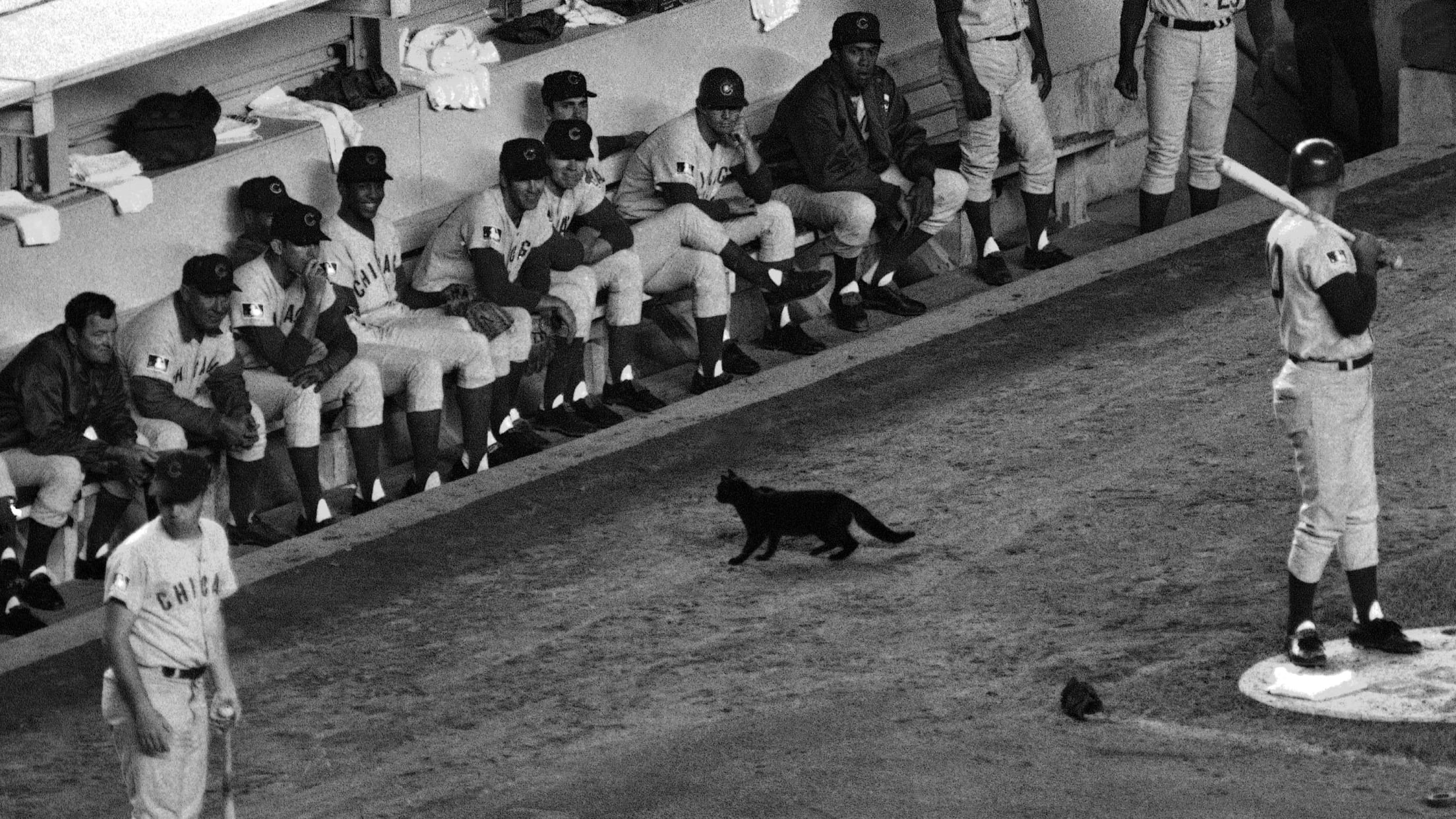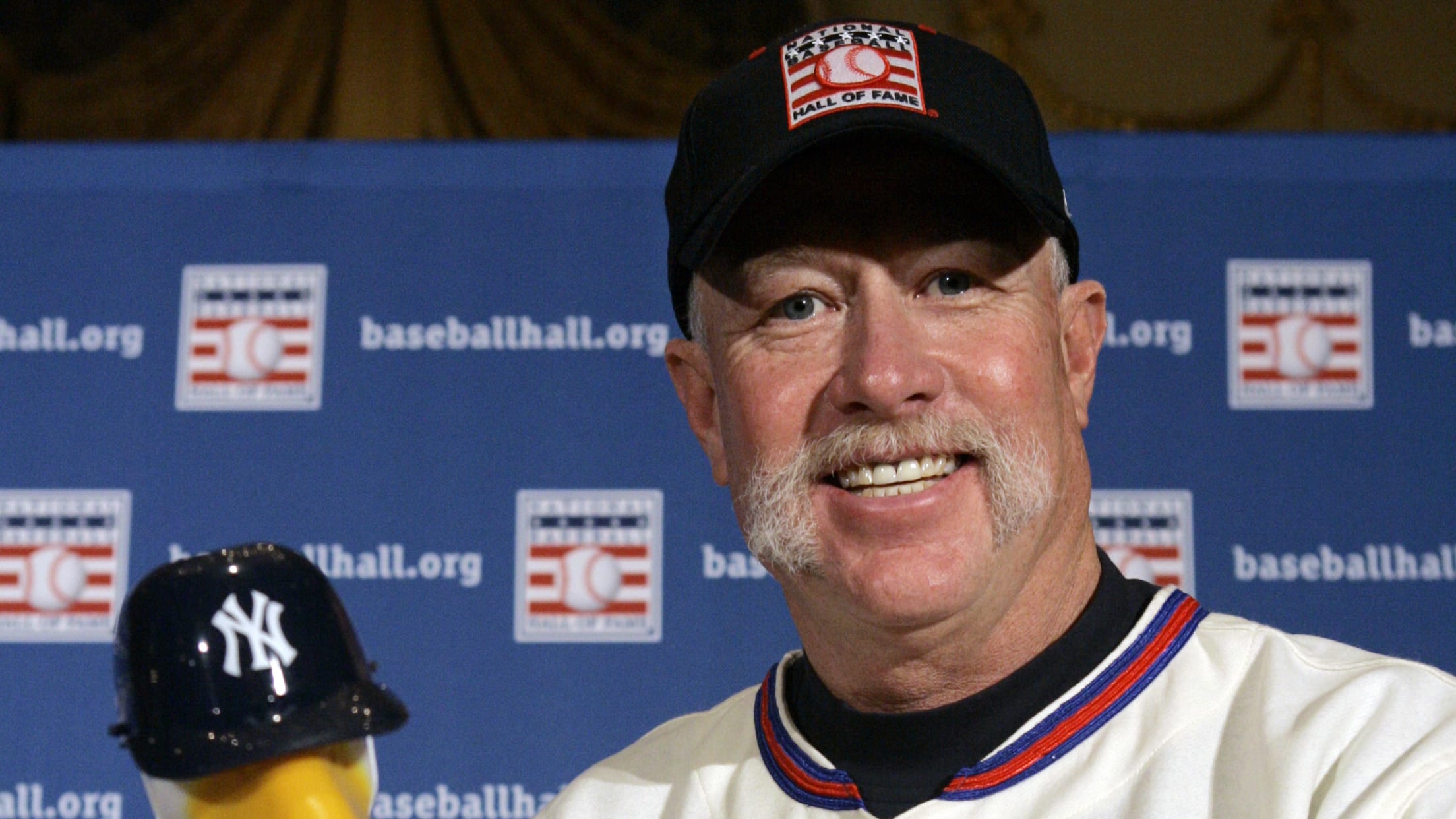It's time for bat dogs to be promoted to the Majors
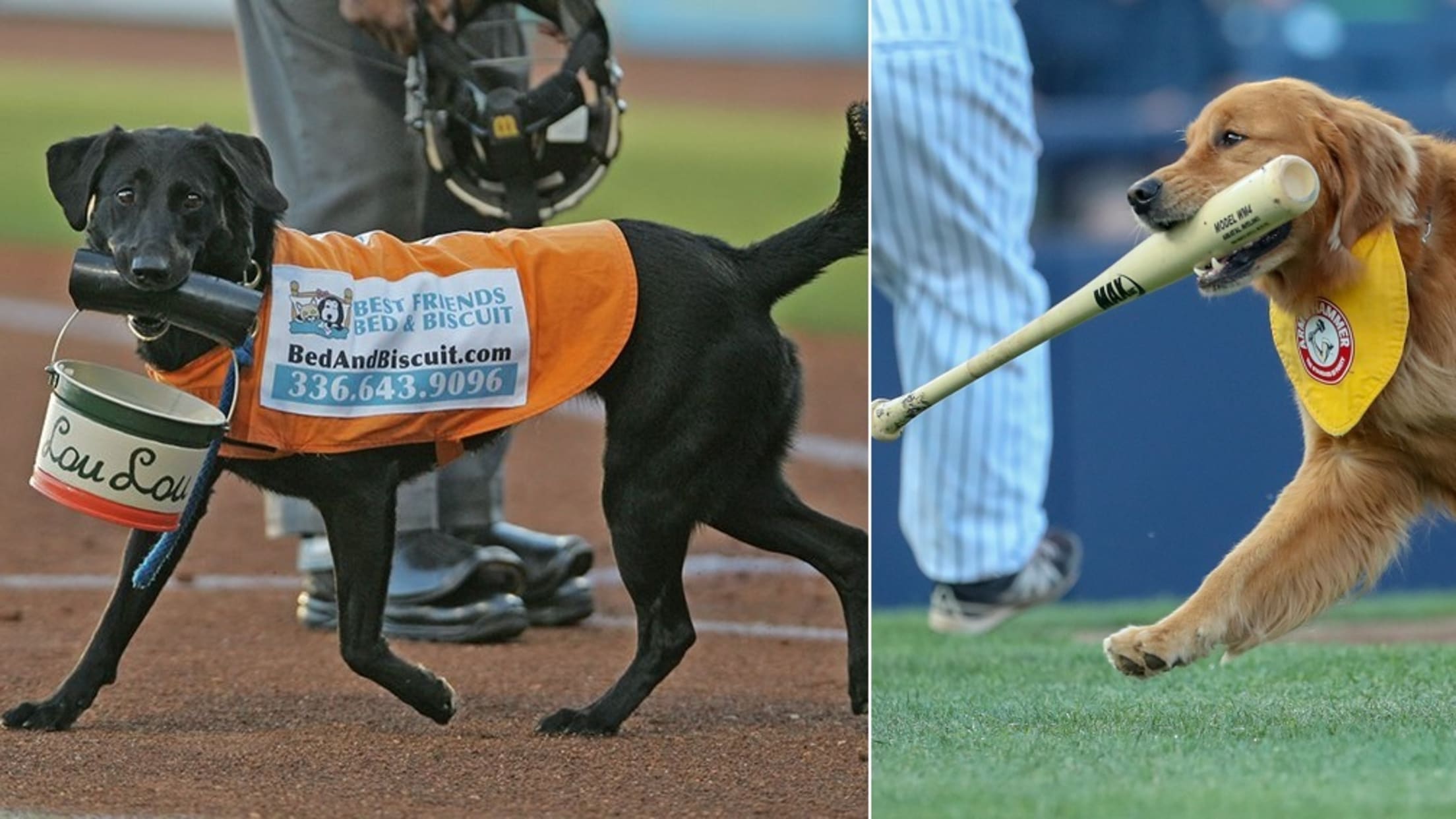
For over a century, humans have mostly kept baseball to themselves.
Down in the Minor Leagues, though, teams have been broadening their horizons. They knew there was an opportunity for something more, and they've seized it -- and it's high time that the Majors do the same. We are talking, of course, about bat dogs.
These are working pups, and they have so much to offer, from fetching bats ...
... to laps around the bases.
MLB teams have occasionally tried to integrate pups into play with Cove Dogs (and later Hank the Ballpark Pup), but the Minors and their bat dogs have provided a far better blueprint.
Bat dogs have been among MiLB's best promotions of the past 20 years, and good boys like Dinger and Chase helped pave the way. Inspired in part by Jake the Diamond Dog’s traveling act, the Trenton Thunder and Myrtle Beach Pelicans were early pioneers in the field. The Pelicans added Dinger to their crew during their inaugural 1999 season, and the Trenton Thunder introduced Chase not long after, in August of 2002.
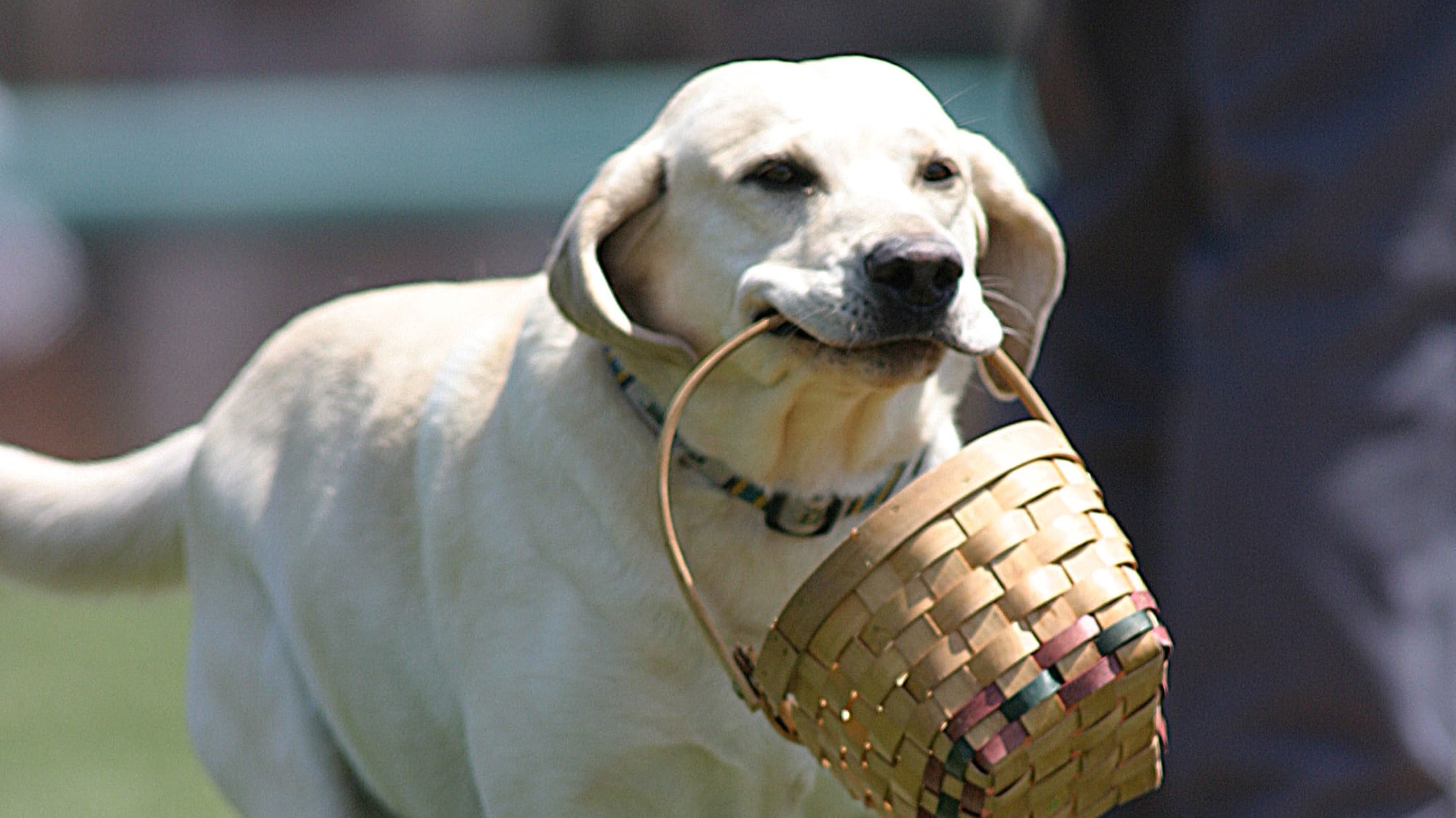
It was obvious from early on that the teams had a dynamite perk on their hands. "It was just such an amazing reaction," said Eric Lipsman, senior vice president for the Thunder. "The fans just went crazy. Chase became such an important part of what we do here that they actually nicknamed him 'The Franchise' because his popularity was so incredible."
With some careful training, the bat dogs became staples in their communities. More would follow.
"I assumed this role in 2002, and I've always been a big dog lover," said Donald Moore, president and general manager of the Greensboro Grasshoppers. "I learned quickly that in Minor League Baseball, you're really in the family entertainment business.”
Moore got his chance to add dogs into the mix in Greensboro when a friend offered to train one of the puppies born from his hunting dog. Miss Babe Ruth was just seven months old when she took the field for the first time on Aug. 3, 2006, offering baseballs in her own personalized bucket to the umpire while also assuming bat dog duties and occasionally running the bases. Her half-brother, Master Yogi Berra, joined her in 2008, and her niece, Miss Lou Lou Gehrig, became a part of the show in 2011.
It turned out that Miss Babe Ruth had a little Gehrig in her though -- she went on to work 649 games in a row.
Miss Babe Ruth inspired an incredible following that was on display during her retirement party in 2015. “I talked to three different people that night,” said Moore. “One had driven down from Pennsylvania, one had come from Kentucky and somebody had come up from Georgia. They just wanted to see this dog.”
Like in Greensboro, the Thunder and Pelicans had more dogs from the family ready to learn the ropes. Dinger’s younger brother, Deuce, succeeded him in 2008 and was active until his own retirement in 2018. Chase had two sons follow in his pawprints: Ollie joined the New Hampshire Fisher Cats and Derby started sharing responsibilities with his dad in Trenton in 2009. He even “hosted” his own E:60 documentary about the Thunder’s bat dog tradition.
Derby’s own son, Rookie, was born a few months after Chase’s passing in 2013 and soon took to the role as well.
Proud dad Derby introduces Rookie to everyone @TrentonThunder Media Day. pic.twitter.com/7Lky0TKmSy
— Eric Lipsman (@E_Lipsman) April 1, 2014
The pup has made his forefathers proud, continuing the Thunder’s bat dog legacy while even occasionally jumping up a level to the Yankees’ Triple-A team, the Scranton/Wilkes-Barre RailRiders. But he has Trenton’s Arm & Hammer Park perfectly committed to memory.
“You could tell Rookie anywhere to go,” said Lipsman. “I'll say, ‘Rookie, let's head out to field,’ and he’ll head down the hallway and know to make a left turn to the dugout. Then if I say, ‘Let's go outside,’ he’ll know to make a right turn to go to the players’ entrance.
“It's amazing -- no matter where we are in the stadium, if I tell him which door he should go to, he’ll go to it.”
This responsiveness and comfort with the home stadium has made it easy for dogs to often serve as a welcoming party. This has been a recurring theme for Beth Freitas, the office manager of the Pelicans. “The first thing fans say when they walk into the front office is, ‘Can we see the dog?’ Most of the time he is already waiting on fans to come in so he can greet them with a friendly lick.”
It’s one thing for the dogs to become popular fan attractions and community favorites, but it’s quite another to form a bond with players. Thankfully, it’s all been smooth sailing: The Minor Leaguers enjoy them just as much as the kids in the crowd.
Having only joined the Frisco RoughRiders from Guide Dogs for the Blind in 2015, Brooks is one of the baseball dog fraternity’s newest members, and while he’s still getting the hang of the bat dog game, he easily entertains players and visitors alike.
“The players absolutely love him,” said RoughRiders chief operating officer Scott Burchett. “Minor League Baseball players are far away from home and away from their family pets. They're kind of able to scratch that itch by interacting with Brooks.”
This engagement isn’t only initiated by the players, either -- Brooks has no problems visiting the team himself. “Believe it or not, he lets himself down to the clubhouse quite a bit,” said Burchett. “He'll jump on the elevator when it opens up, ride down there and just show up in the clubhouse.
“I think he likes it because there's always a nice food spread in there and our guys spoil him and give him snacks from time to time. He plays with them and they take him outside to play fetch with them.”
Lipsman has seen the same kind of positive impact with the Thunder, too. "A lot of them miss their dogs at home and having Rookie, Derby or Chase being there with them just makes them feel a lot better,” he said. “They love to play with them.”
“Austin Romine used to have this routine: Every day, he'd have a catch with Derby before warming the starting pitcher up. The players always get involved and go crazy for the dogs."
Romine is just one of many to forge a connection with these dogs. Major Leaguers who have been able to stop by the parks on rehab stints have really enjoyed their company, too.
Hey, can I have my bat back? #SoMuchForTheBatBoy #BatDog #trentonthunder pic.twitter.com/GgBq5mlINF
— Alex Rodriguez (@AROD) May 25, 2016
This leads to an important question, though: If the bat dogs have done well with both future and current big leaguers, could they work out at the Major League level?
"I think it could work," said Burchett. "It would take some special training, but I think it's something that would be fun and unique. People love dogs, people love baseball, and when you put the two things together, I think that's a winning combination."
Freitas agreed. “We definitely think everyone benefits from having a dog around, including Major League Baseball. In terms of entertainment value, dogs will always make a public event a better experience for fans of all ages.”
Concerns have been raised about the louder noise at Major League stadiums, but Lipsman is not worried. With enough preparation, he says, it could be done. "It took a bit of a longer time training Rookie to get over the fear of the crowd noise, but now nothing bothers him. He goes out there as a pro. A lot of times, they're so focused on the job at hand. We went up to Scranton during the playoffs last year, and all he cared about was getting that bat."
Lipsman also noted the rise of dogs associated with teams in another major sports league.
“A lot of the NHL teams have added dogs -- Rangers, Islanders, St. Louis, Ottawa, and Vegas. Nashville just added one. It's becoming such a big thing in sports. ... I'm surprised that more haven't done this because we started so long ago with Chase.”
They might not be bat dogs, but they’re team dogs just the same. Baseball could use them, even if they just start off as ambassadors before bat-fetching or baserunning duties arise down the road. Wouldn't it be great if Christian Yelich and Giancarlo Stanton could come to Miller Park or Yankee Stadium and play fetch with a dog again? Wouldn't it be fun to see a pup running out to grab their bats?
From experience in the Minors, it sure seems as though both fans and players would love it. For now, the legacy of Minor League bat dogs is in safe paws, with the help of newcomers like the Pelicans’ Slider …
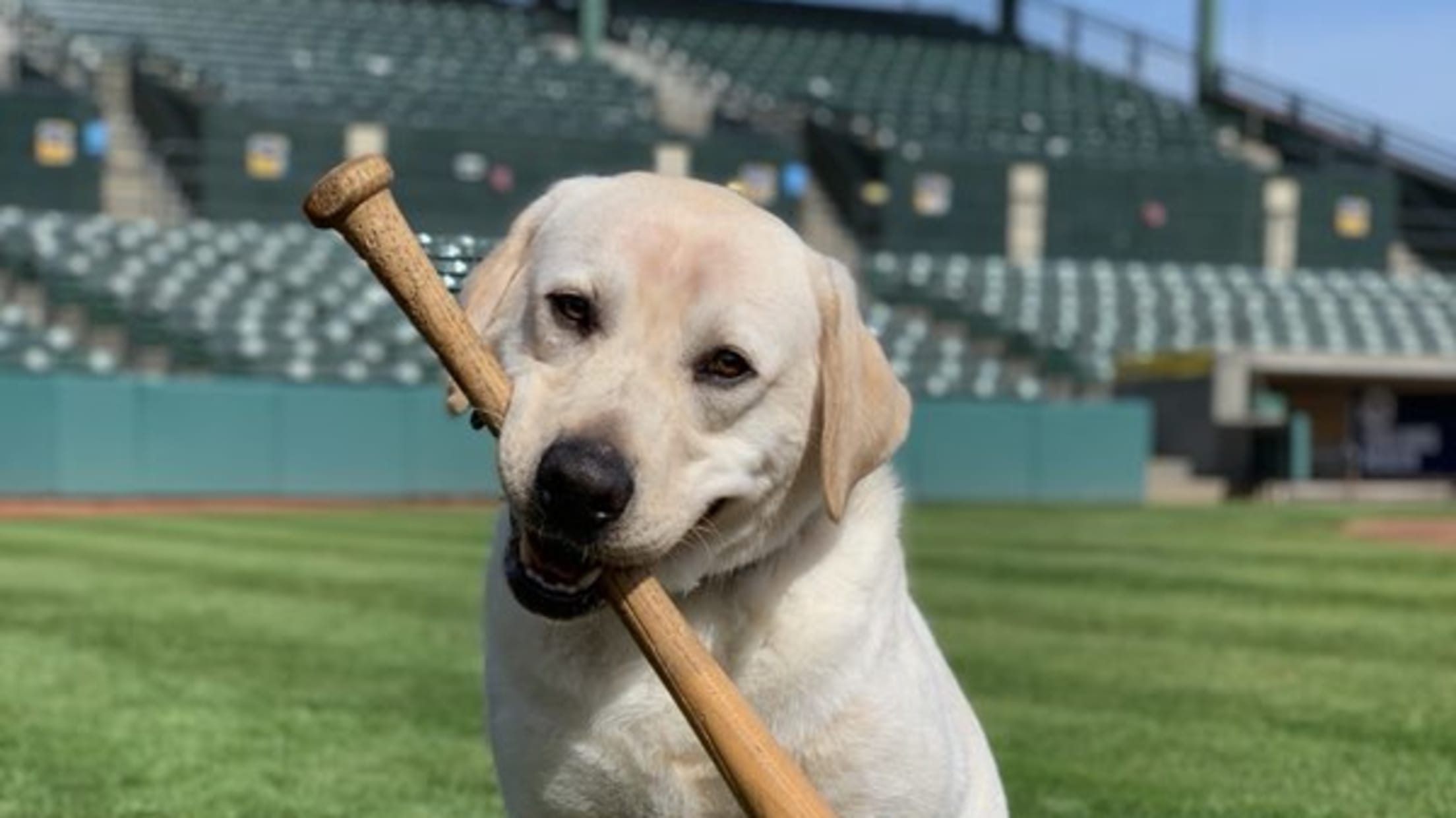
... and the Grasshoppers’ Little Jackie Robinson.
Both dogs will debut in 2019, creating new memories for Minor League fans and players alike. Will the Majors follow suit sometime soon?
We can only hope.
On #NationalDogDay I have to tweet my favorite picture of Chase. He was so happy to have made it to the Majors at Yankee Stadium. #BatDog pic.twitter.com/KeqpUZFMca
— Eric Lipsman (@E_Lipsman) August 27, 2017
Andrew Mearns is a writer for Cut4 whose baseball obsession was born from the shattered dreams of Mike Mussina's perfect game attempt in 2001. He has a startling memory of World Series highlights that barely functions as a party trick.

